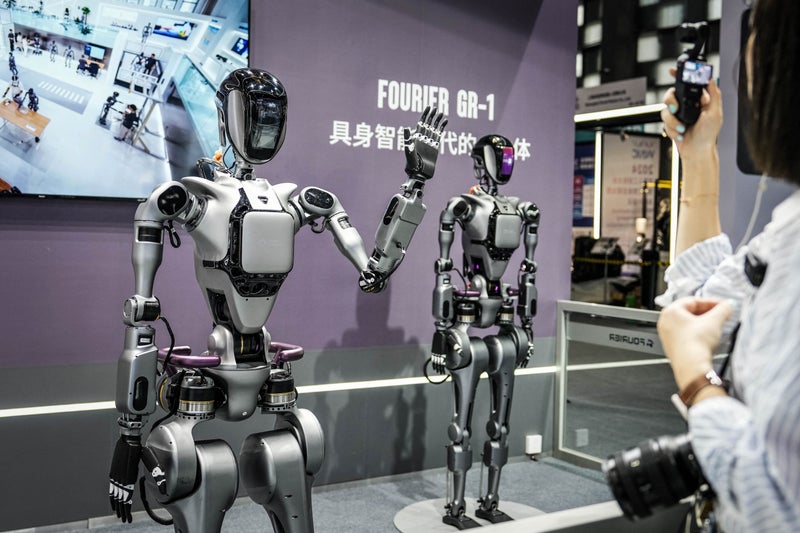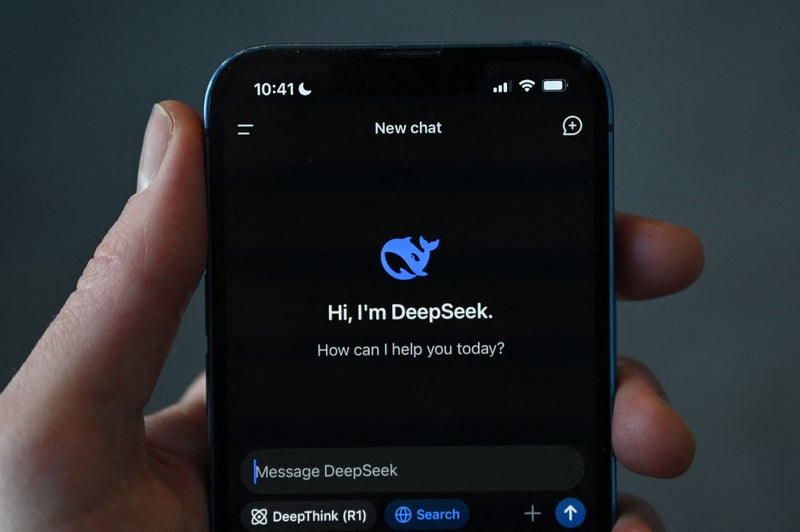DeepSeek vs OpenAI: what are the differences?
DeepSeek vs OpenAI: what are the differences?
Share:
DeepSeek has made its mark on the artificial intelligence (AI) sector within days of being released – and has already overtaken ChatGPT on Apple’s most popular apps chart. The Chinese-made AI app has even attracted the attention of US President Donald Trump, who – while settling back into life in the White House – has said DeepSeek’s success should be a “wake-up call” to developers in the States.
![[Did DeepSeek cause crypto to plunge?]](https://static.standard.co.uk/2025/01/27/14/51/DeepseekLogo270125-oxqkoqo1.jpeg?crop=8:5,smart&quality=75&auto=webp&width=960)
Follow the Standard’s live blog for the latest on DeepSeek. And, as you’d expect, it’s not taken long for the app to draw comparisons to industry leader OpenAI. So what are the differences between the two?. Here’s what you need to know. Let’s start at the beginning of each company’s story. While DeepSeek was reportedly spun out from a Chinese hedge fund in 2020, OpenAI began as a non-profit in 2015. Its key leadership included names you’ll almost certainly recognise, such as Elon Musk and its current CEO, Sam Altman.
![[What is DeepSeek, the Chinese AI app shaking up the tech market?]](https://static.standard.co.uk/2025/01/28/09/28-8bbb47bf976b48b5bc21beb210a8bdce.jpg?crop=8:5,smart&quality=75&auto=webp&width=960)
As the industry has grown rapidly, OpenAI is currently transitioning towards becoming a fully for-profit business. There are also differences in how the two companies approach open-sourcing their AI models (which essentially means whether they allow other developers access to their code, to modify and build on).
![[OpenAI boss Sam Altman praises Chinese rival DeepSeek's R1 model as 'impressive']](https://static.standard.co.uk/2023/11/20/09/16-91096abbf81d485fa3cd897136a743a1.jpg?crop=8:5,smart&quality=75&auto=webp&width=960)
With its DeepSeek-R1 model, DeepSeek has fully embraced open source and users can even download and run the model locally, with any custom additions they like. OpenAI initially had an open-research ethos but it’s moved away from this. This allows OpenAI to maintain tighter controls over its AI models.





















